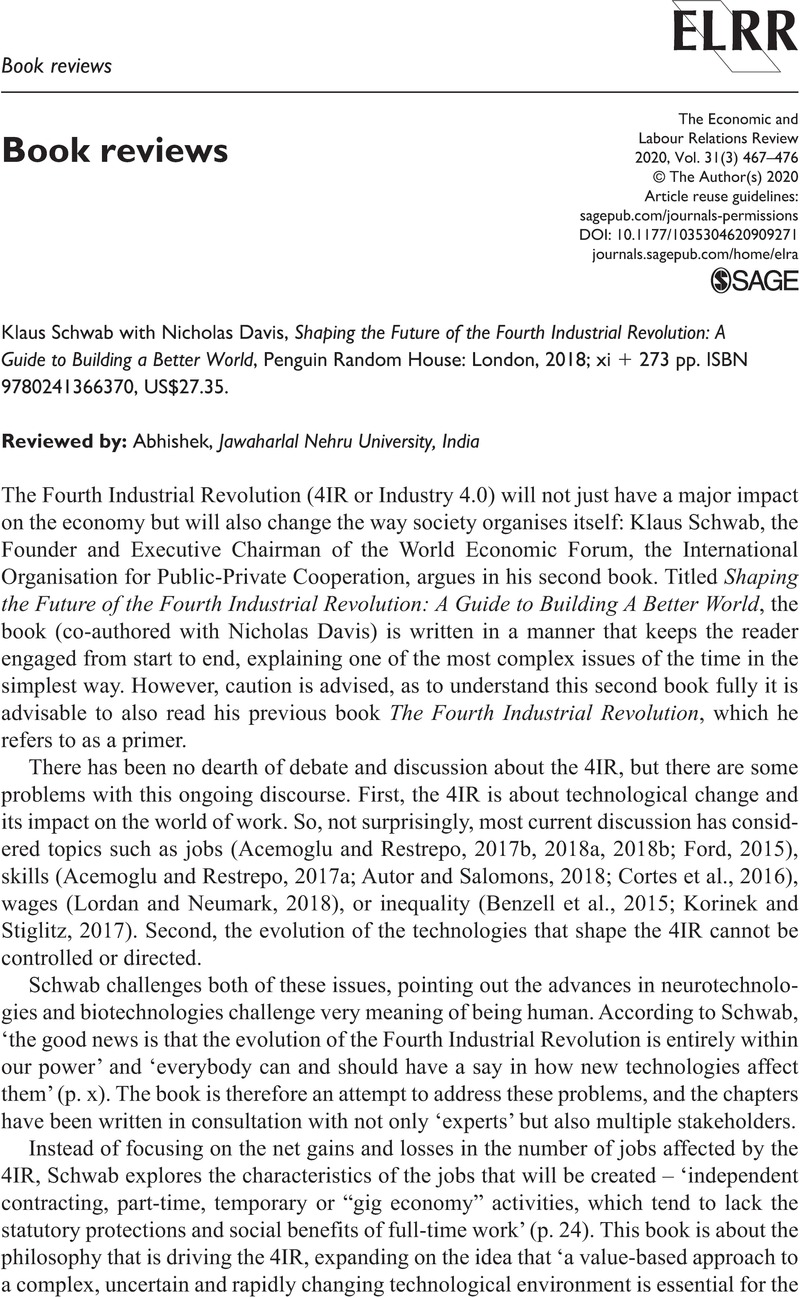Crossref Citations
This article has been cited by the following publications. This list is generated based on data provided by Crossref.
Kukreja, Reena
and
Kumar, Rajiv
2021.
Catalytic Agents for Easy Adoption of Industry 5.0- Indian Context.
p.
1.
Piedrahita, Juan Santiago Calle
Pineda, Sandra Milena Malavera
and
Pineda, Paula Andrea Malavera
2021.
Social Innovation and Entrepreneurship in the Fourth Sector.
p.
33.
2022.
IR 4.0 Readiness of Apparel Industry in Bangladesh.
Asian Journal of Social Sciences and Legal Studies,
p.
148.



